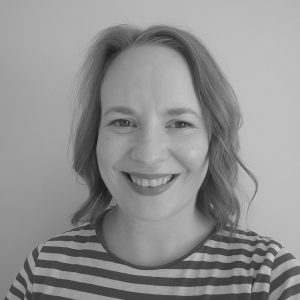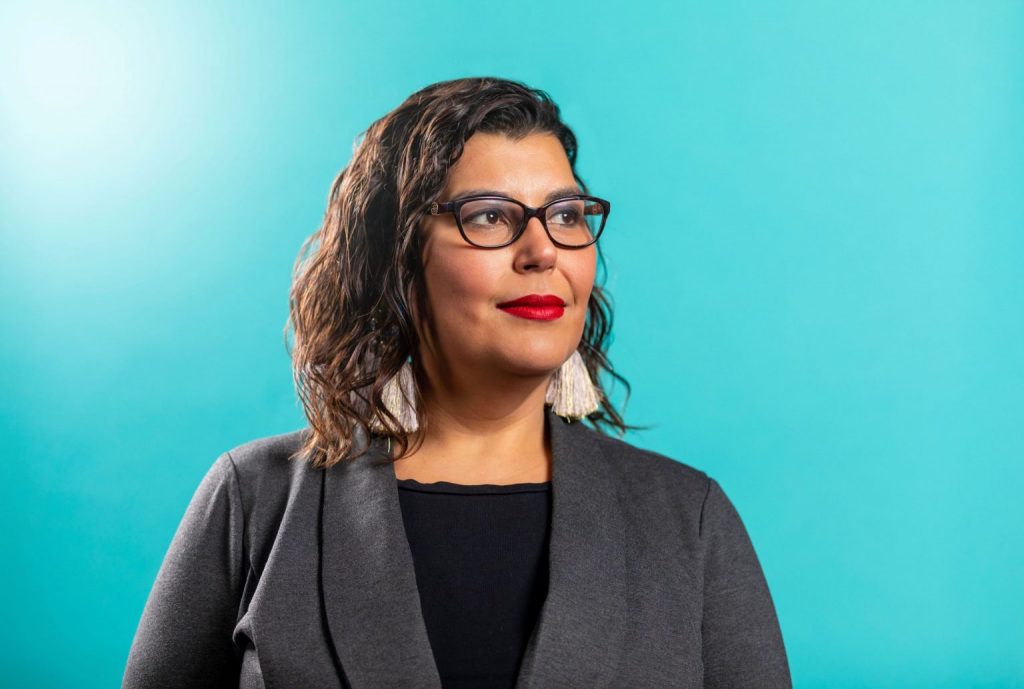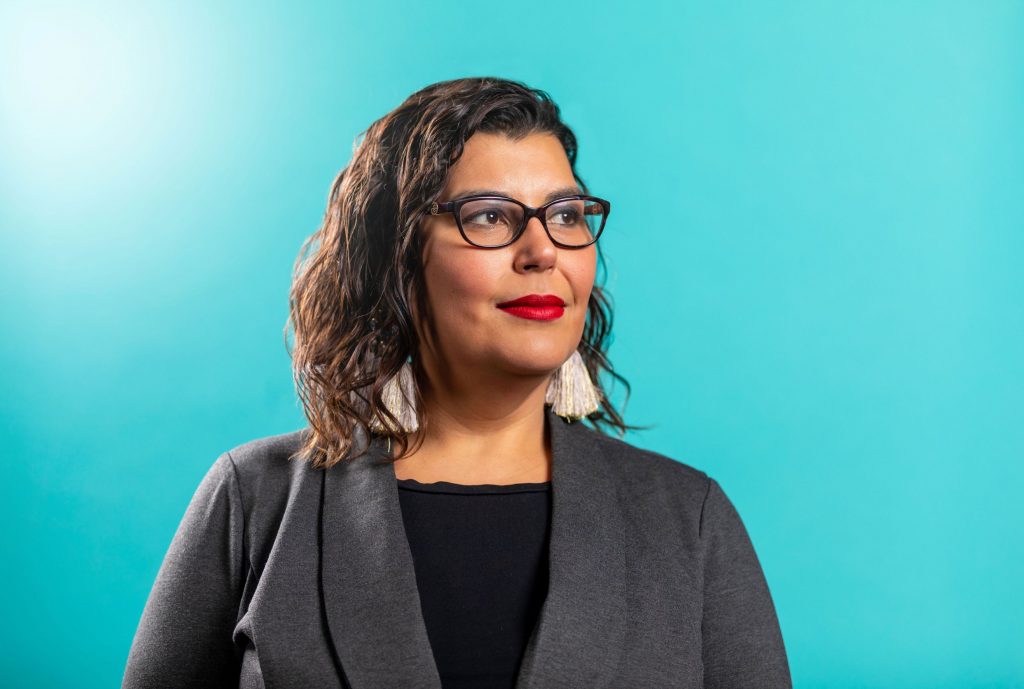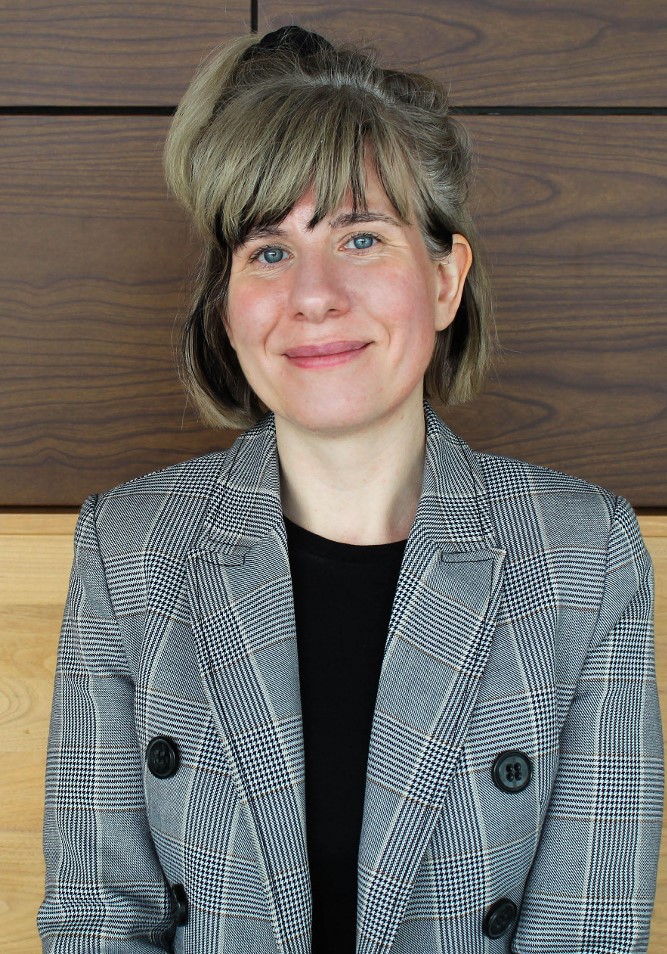First Fall 2023 Webinar: Built Environments and Pandemics

We are pleased to welcome Eevi Juuti (University of Oulu) to present at the first meeting of the Fall 2023 Pandemics & Society Seminar Series, on Thursday, 24 August (1600 CEST). Information about our speaker and the presentation is below. You can sign up for email notifications about the seminar series here.
Abstract
The first part of the presentation will take an overview of the RECIPE project (Resistant Cities. Urban Planning as Means for Pandemic Prevention), which explores the relationship between built environments and pandemics. The second part will further discuss findings of the study so far.
About the RECIPE Project
The RECIPE project explores the role of urban living environments and the potential of urban planning in anticipation and prevention of infectious diseases and thus pandemic outbreaks. The project combines expertise from the fields of environmental research, environmental health, history, information studies, public health, and urban planning. The project engages citizens, SMEs, planners and health professionals, cross-sectional institutions, and decision makers. The project provides new scientific knowledge of the linkages between urban living environments and health, deepens societal understanding of the linkages, develops tools and methods for resistant urban planning, and encourages cross-sectorial discussions and integrative policies between urban planning and health sectors.
About the Speaker
Eevi Juuti is an architect, urban planner and a doctoral researcher at the University of Oulu specializing in the use of service design and design thinking in the context of built environment. She has also been working with topics concerning environmental health. Now she is working with RECIPE (Resistant Cities. Urban Planning as Means for Pandemic Prevention) project, which explores the relationship between built environments and pandemics.








